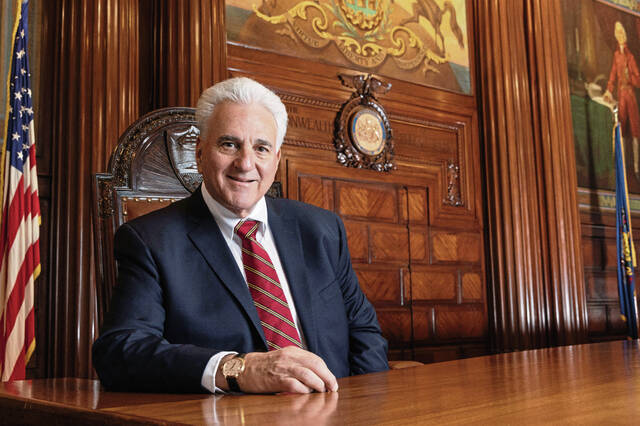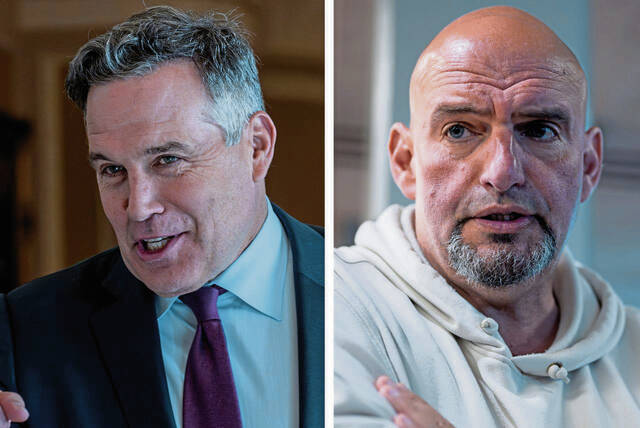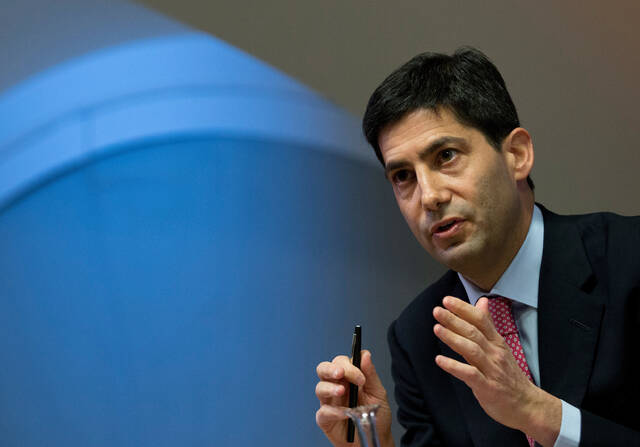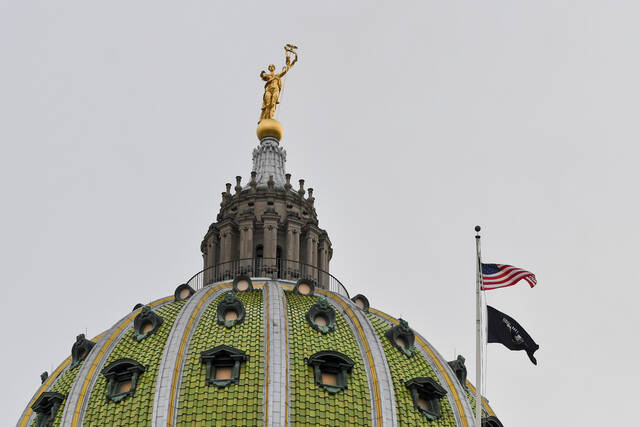A high court justice dies. It leaves a hole on the bench. Normally that’s a simple fix. Point to a replacement. Go through the process. Swear on a Bible. Done.
But throw in an election, and you have a real wrench in the gears.
This all sounds familiar, doesn’t it?
The death of Pennsylvania Supreme Court Chief Justice Max Baer left the state’s highest court in flux in a way that echoes recent U.S. Supreme Court changes. The unexpected death of Justice Antonin Scalia happened amid the upheaval of the 2016 presidential election. The death of Justice Ruth Bader Ginsburg after several cancer episodes and hospital stays was a September surprise during the 2020 election.
Baer’s death Sept. 30 came with just over a month to go in the gubernatorial election, setting up the same kind of question that prompted Senate Majority Leader Mitch McConnell to deny a court pick for Barack Obama and rush one for Donald Trump. While the executive gets to make the call, during an election, should it be the one already there or the one who might be voted in?
The differences in placing Neil Gorsuch or Amy Coney Barrett on the bench and filling Baer’s seat have more to do with the way Pennsylvania’s top court is run. It is an elected position, not a lifetime appointment. If Gov. Tom Wolf made a nomination, it would not be permanent. Even if confirmed, that judge would still have to run in 2023 to keep the seat.
The biggest difference?
Leaving the seat empty until January really changes nothing about the power or tenor of the court. Baer was the head of a 5-2 split court favoring Democrats. A 4-2 split is not much different. Even if the Republican Legislature demanded and received a GOP nominee from a very Democratic Wolf — which would never happen — that would just push the court to 4-3.
What this does is give the two would-be governors — Democratic Attorney General Josh Shapiro and Republican state Sen. Doug Mastriano — plenty of time to come up with the best judicial candidates for the seat.
Given the importance of major issues that continue to come before the court — issues such as elections, redistricting and potential abortion challenges — the court needs people who are measured, thoughtful and as apolitical as possible to see the law as it was written and not as politics would shape it.








